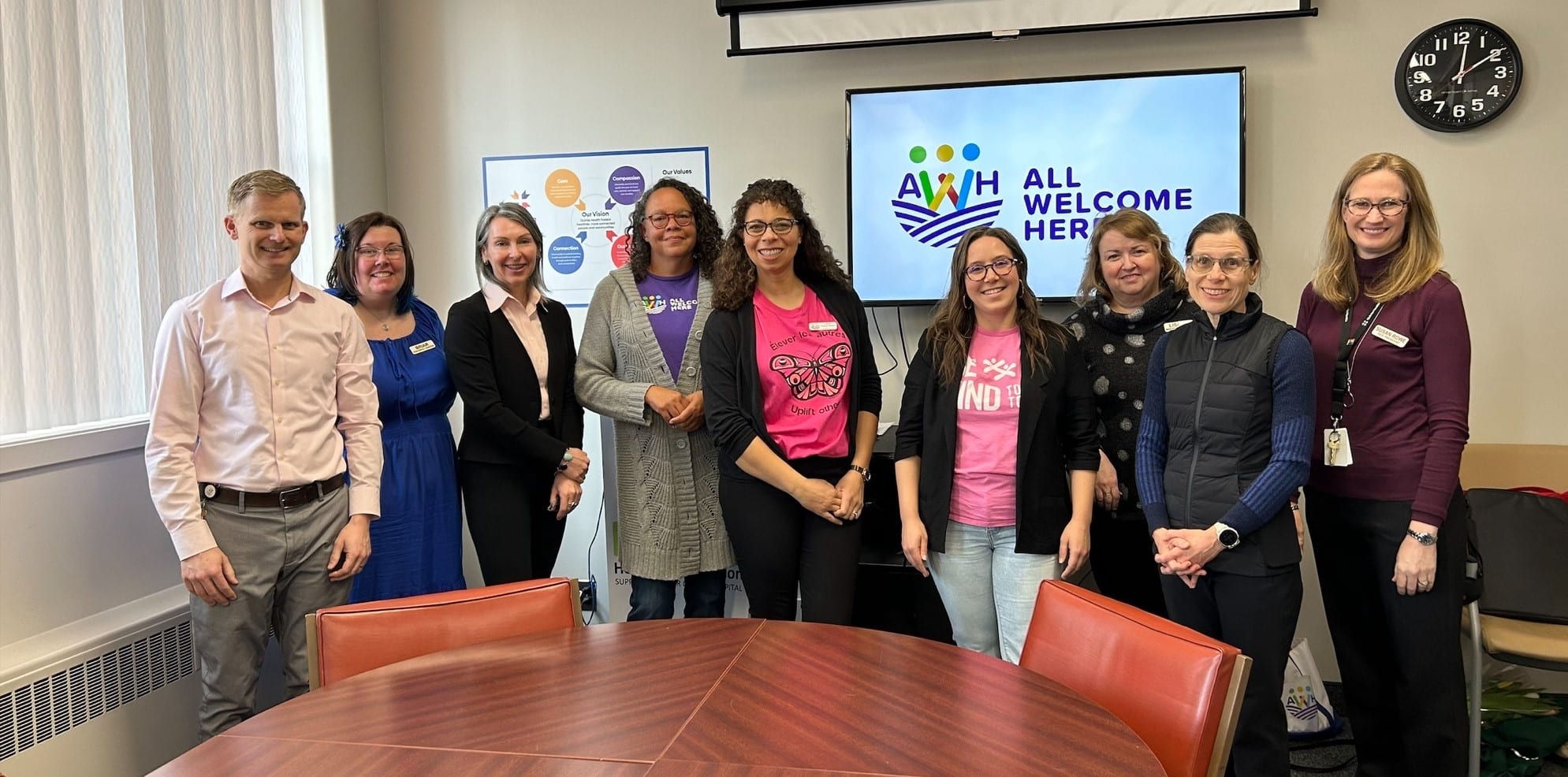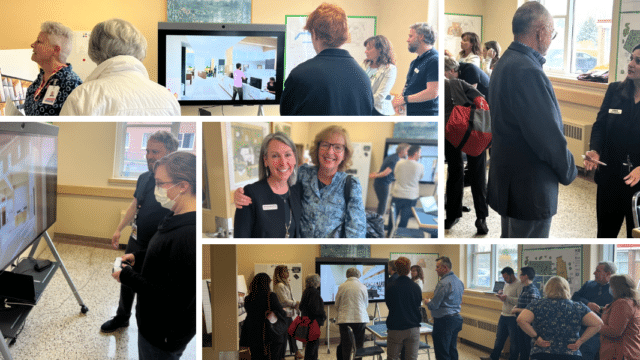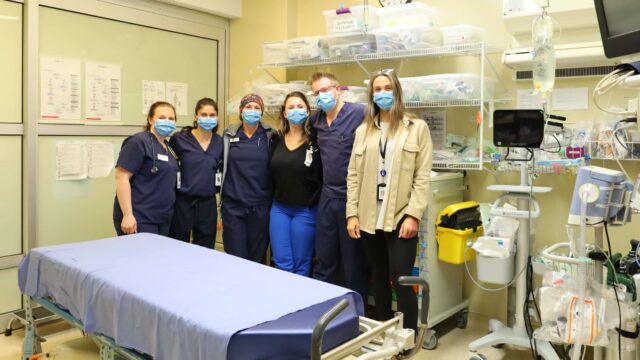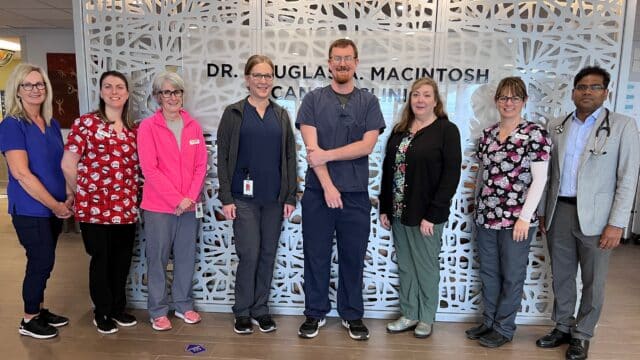DEI Speakers’ Series – A Discussion on Anti-Racism in Health Care
“Race is a social construct,” explained Jessica Lindsay-Sonkin, from All Welcome Here. “It is absolutely 100% social. If you look at us from a DNA level, there are more differences among races than between races, so it does not exist biologically or genetically.”
Jessica joined her colleague Judith Burfoot, the founder of All Welcome Here, a BIPOC (Black, Indigenous, and People of Colour)-led non-profit organization focusing on anti-racism, to lead a discussion on anti-racism in health care at Quinte Health on February 28th.
They were invited by Quinte Health’s Diversity, Equity and Inclusion (DEI) Committee, which has the purpose of raising awareness, providing learning opportunities, and helping our organization build and sustain a diverse, equitable, and inclusive workplace.
Jessica and Judith acknowledged that racism is happening right now, not just in the past.
Systemic and structural racism is deeply embedded in our systems, laws, written and unwritten polices, and it’s entrenched in practices and beliefs. “It impacts education, income, employment, housing, dating, food access, policing, the criminal justice system, and health care,” said Jessica.
Race and racism have been identified as a social determinant of health by many government organizations across North America.
Black people are underrepresented in medical research, both from the standpoint of the people doing the research, and the people being researched, leading to bias and a flawed understanding of race. Jessica referenced a faulty study that said that Black people, because of their muscle density, had different kidney function compared to White people, often discluding them from being added to the kidney transplant list. More research in 2021 led this belief to be proven false, but only after hundreds of thousands of Black people across North America received inequitable care.
“Within Black communities, the mortality from breast, colorectal, prostate and pancreatic cancer is higher,” explained Judith. “Just sit with that…”
According to Judith, a 2016 study found that doctors and other medical staff are less likely to prescribe pain medication to Black patients than to White patients, despite the patients indicating identical pain levels. This could be due to health care providers estimating pain tolerance to be higher in Black people, and/or identifying Black patients as drug-seekers.
A 2021 study found that Black people see health care as a potential site of racism and may therefore avoid seeking care.
“All of these examples make health care harder to access,” said Judith to the discussion participants. “As you all know, people are coming to you often in very vulnerable states and they need to feel safe and secure, to be heard, and to actually receive the treatment that they need.”
How to make change
- Accepting that we’ve all been raised in a society that elevates White culture over all others.
- Learning the history of racism and anti-racism.
- Seeking out films, TV shows and books which will challenge your understanding of race and culture and offer new perspectives.
- Elevating BIPOC voices and organizations and stepping back to listen.
- Having courageous conversations when you hear someone saying something insensitive or racist.
- Questioning why policies and procedures are the way they are if people aren’t being equitably represented.
- Educating yourself, other people, and inspiring others to do their own learning—guiding them in kind and compassionate ways.
- If someone speaks up about hate, thanking them and re-iterating their anti-bigotry message. Many voices together create change.
- Reflecting on what messages you learned about race/culture when you were growing up, and how being a person of your race/culture affects your day-to-day life.
- Asking yourself whether fear or defensiveness ever gets in the way of admitting that you might be wrong.
- Thinking about what barriers might prevent you from seeing an issue from a different point of view.
- Seeking out opportunities to learn more about identities with which you’re unfamiliar.
- Considering how to hold yourself accountable for your actions.
- Considering how you can speak up when you see or hear an injustice occurring.
“Work from the assumption that we all have and hold stereotypes and biases and prejudices,” said Judith. “And how are you working to interrogate them within yourself and unlearn and dismantle them? Consider whether every patient that comes through is being treated with the same level of respect and dignity.”
Thank you to Judith and Jessica and the DEI Committee for engaging our team in meaningful discussion and for giving us some insights to help us provide better, equitable care for all.
Learn more about Judith’s and Jessica’s work at All Welcome Here.
#Compassion
#ValueEveryone




